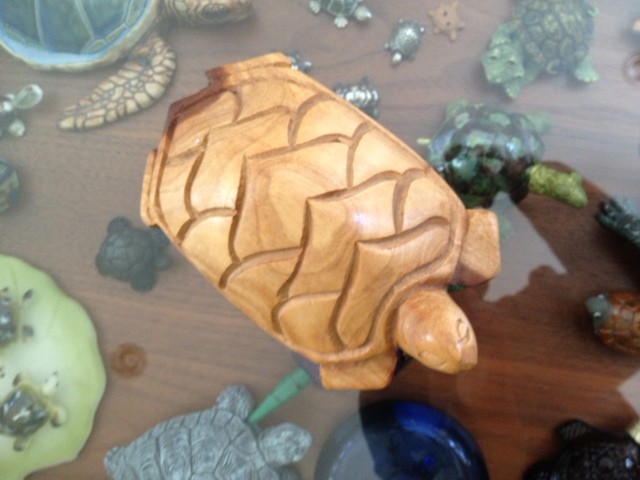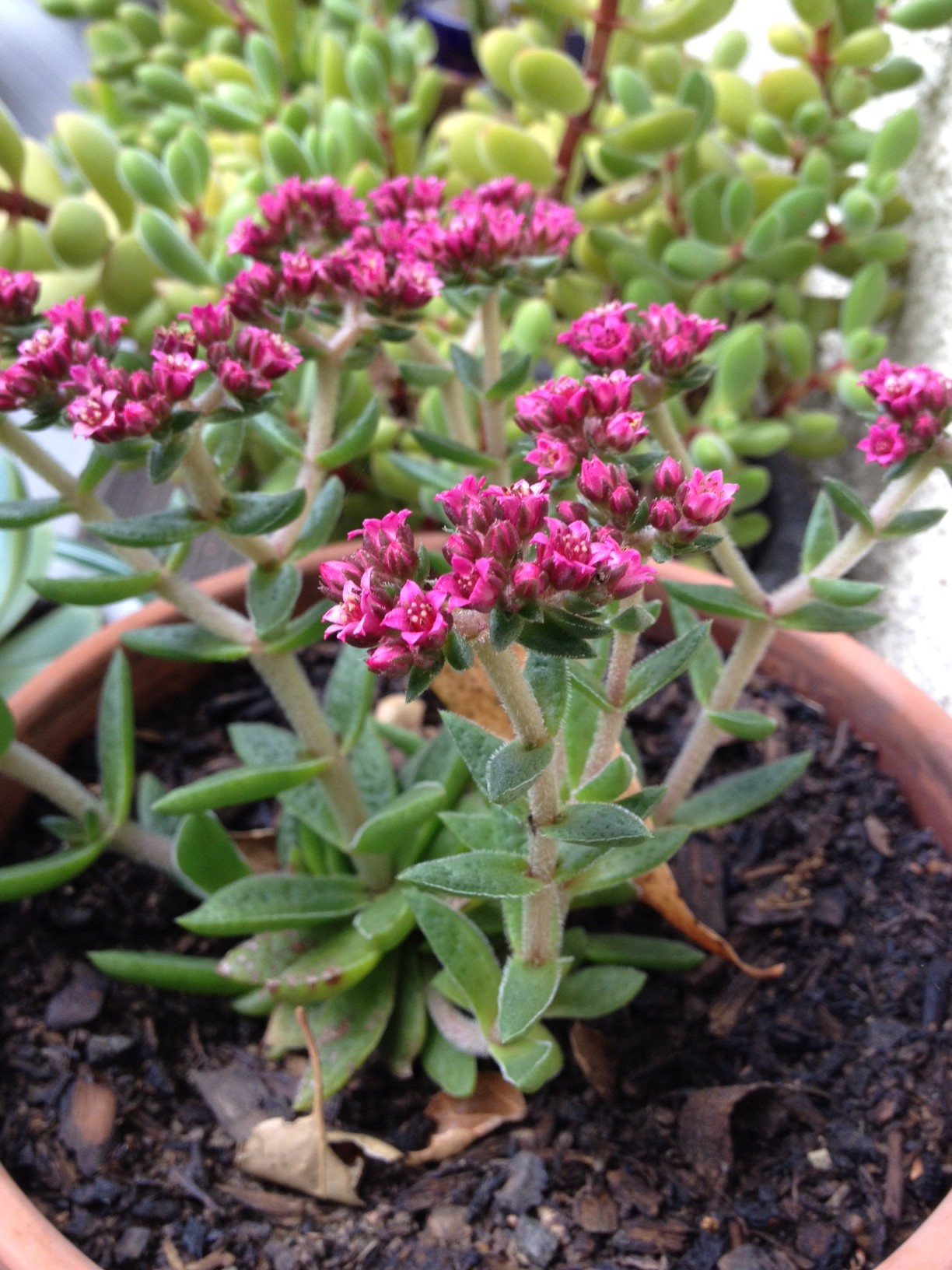In the MBA program I attended in Israel, I had a brilliant, funny, and really hot Strategic Games professor. One day in class he asked us the following questions:
“How many of you suck in your stomachs while wearing a bathing suit?”
The response: Lots of titters, red faces, one hesitant hand (not mine, of course).
“How many of you suck in your stomach while wearing shorts?”
A few nodding heads, some hands (not mine, of course).
“Do any of you suck in your stomach while wearing a coat?”
Full-out laughter. Most everyone shaking their heads.
“Does anyone suck in his or her stomach all the time?”
Lots of uncomfortable shifting in the chairs.
Our world is a flat, six-pack-stomached world. In our dreams, of course. It is a world in which tanned, six-feet tall women with concave bellies weigh a mere one-hundred-and-twenty pounds and jog on the beach in skimpy bikinis, hand in hand with even more tanned, six-pack-stomached, six-foot-seven tall men. On television commercials, at least. If we want to fit in with this make-believe world, we need — a diet? or, quite plain and simple, to suck in our tummies.
For one moment, close your eyes and imagine a world of people sucking in their tummies. Imagine the constriction, the pressure, as we refuse to let those bellies have some air. Imagine the mark left by button on skin made by wearing too-tight jeans. Ask yourself, just for this moment, what would happen if we allowed ourselves to breathe into our bellies, to expand them and make room for all our fabulous inner organs? The belly is the very center of our being. What would happen if we let it just be the way it was born to be?
Frans and Bronwen Stiene, authors of The Japane se Art of Reiki, often mention a point three inches below the navel. This point is called Hara in Japanese and literally means belly. The Stienes refer to it as the Earth Center. This is what the Stienes write about the Hara in one of the articles on their website: “Energy is stored at this point from where it expands throughout the whole body. This is the energy you are born with, the energy that is the essence of your life and gives you your life’s purpose and stamina. It is not just the energy that you receive from your parents when you are conceived but most importantly it is the energetic connection between you and universal energy.” Yet most of us constrict that energy all day long by sucking in our bellies.
se Art of Reiki, often mention a point three inches below the navel. This point is called Hara in Japanese and literally means belly. The Stienes refer to it as the Earth Center. This is what the Stienes write about the Hara in one of the articles on their website: “Energy is stored at this point from where it expands throughout the whole body. This is the energy you are born with, the energy that is the essence of your life and gives you your life’s purpose and stamina. It is not just the energy that you receive from your parents when you are conceived but most importantly it is the energetic connection between you and universal energy.” Yet most of us constrict that energy all day long by sucking in our bellies.
I am self conscious about my belly. I’ve written about it before. I wish I had that concave belly without stretch marks. But this is the belly I was born with, the belly that shows the marks of my children’s births as well. It is my belly, and I do so wish I could be proud of it, that I could breathe into it to my heart’s content without thinking how many months pregnant it makes me look. I wish that instead of worrying about fitting in with absurd social norms, I would only breathe in and out with the energy of the world.
There are so many wonderful round things in our world: the sun, the earth, an orange, a pregnant belly, a bowling ball. Perhaps it is time for the round revolution, from concave to convex. A belly liberation. The freedom to inhabit our bodies in every shape and form.



 We have a saying in Israel: “The shoemaker goes barefoot.” As a child, I found this saying curious. Why, I wondered, does the shoemaker go barefoot? Does he (let’s assume for a moment he is a man) have no time to make himself shoes? Or perhaps not enough materials? Or is he so poor that he cannot afford to have even the barest pair of shoes? I imagined the shoemaker in his dark den, bent over chicken-skin shoes with cardboard soles, his feet bare and curled beneath him. He could never leave his den — I knew this with certainty — because where would he go without shoes?
We have a saying in Israel: “The shoemaker goes barefoot.” As a child, I found this saying curious. Why, I wondered, does the shoemaker go barefoot? Does he (let’s assume for a moment he is a man) have no time to make himself shoes? Or perhaps not enough materials? Or is he so poor that he cannot afford to have even the barest pair of shoes? I imagined the shoemaker in his dark den, bent over chicken-skin shoes with cardboard soles, his feet bare and curled beneath him. He could never leave his den — I knew this with certainty — because where would he go without shoes?